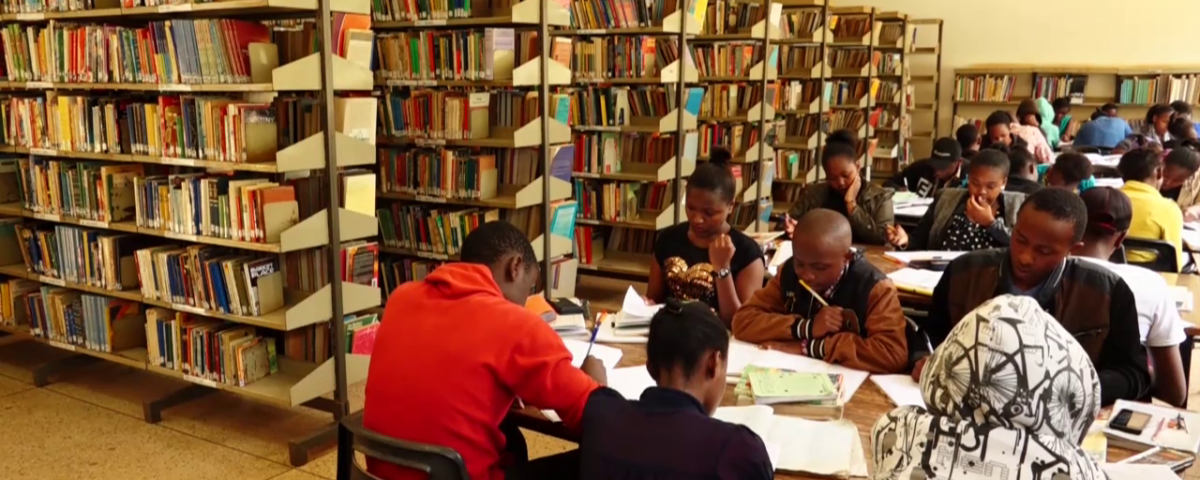Promote county Library services bill, 2015; Kenya, for literacy development

Access to information is one of the determining factors for economic progression. Libraries further development in all sectors by helping people access information resources they require for economic opportunities, gender equality, quality education, lifelong learning, and improved health as well as literacy skills.
The advancement of communities based in the 47 counties will greatly depend on the extent of information they are exposed to. Information is one of the crucial development factors, and many countries around the world recognize it as the fifth factor of production. In matters of national development, Informational resources do not have a substitute as they are critical in growth and production.
The devolved system of governance in Kenya can only work best where the acceleration of information is indispensable. Libraries are institutions that have the ability to bridge the gap between knowledge and ignorance.

In a nutshell, libraries stock quality information that supports projects which can achieve three important aspects; Sustainable Development Goals (SDGs), Vision 2030 and more importantly, promotion of the New Education Curriculum in Kenya. In 2015, Former nominated Senator Joy Gwendo sponsored a bill titled, “The County Library Services Bill 2015.”The purposes of the bill is to provide for the establishment of county libraries in each county; to provide for the establishment of a County Library Development Committee in each county; and; to provide for the functions and powers of each County Library Development Committee and for connected purposes. It is known that access to information is a fundamental human right that stands to end thy cycle of poverty and accelerate programmes that can meet sustainable development.
County Libraries can be the only information centers where many communities can access information that will help improve their education, develop literacy skills, find opportunities, build businesses, access agricultural and health-based information as well as gaining insights into issues related to political and socio-economic development. This is a high time to see the act positively and implement it to achieve the objectives stated. The National government and that of the counties should cooperate to implement this act in all 47 counties. The Counties should be put to task to quickly implement the act that requires each county to have a public library. This will promote reading culture, expand the learning process and skills, access to quality information and information literacy programmes.
In County public libraries setup, we expect to see outcomes such as inculcating ideas, developing knowledge which is essential to functioning successfully to today’s information and knowledge-based society. Counties which will embrace this act will equip the public with lifelong learning skills as well as developing creative thinking and imagination that enables people to live as ideal and responsible citizens. eing informed and educated requires access to basic information which requires the presence of libraries with enough informational resources.
About the Author
This post was authored by Kennedy Leshan Sankale. Kennedy is a Librarian at Masai Technical Training Institute, Kajiado, Kenya. Connect with Moses on Facebook.
Read more exciting stories and articles here: AFRICAN LIBRARY VIBES
Want to learn how to contribute an interesting story or article to African Library Vibes? CLICK HERE TO CHECK OUT HOW TO DO SO.
